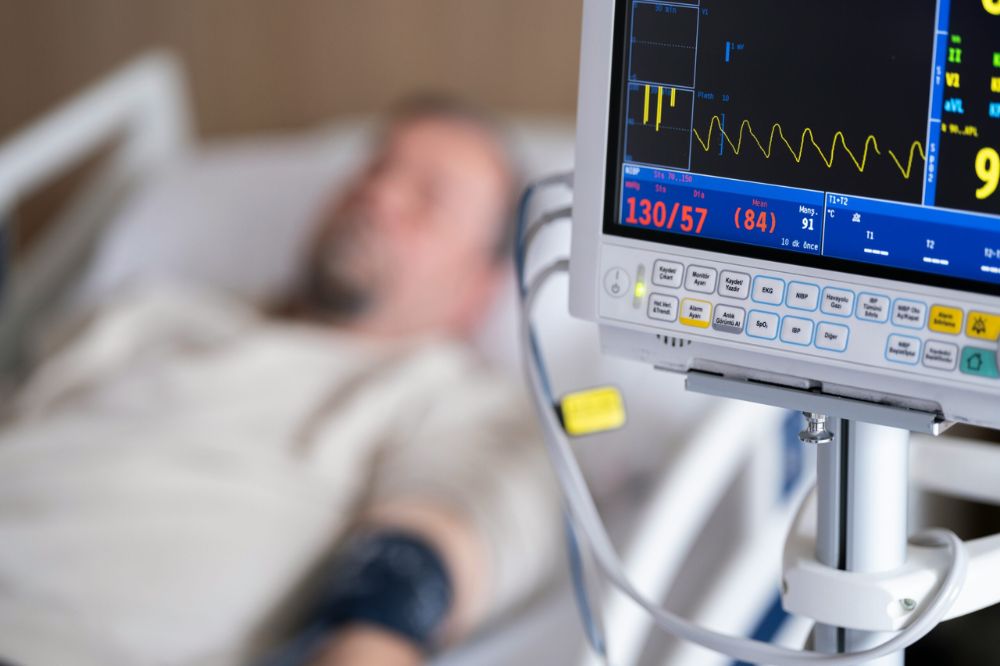Men more likely to react to a car warning light than a sign of serious illness, new study shows

Men in the UK are far more likely to prioritise fixing a broken laptop or dealing with a car warning light than seeking medical help for signs of serious illness, a new study reveals.
The research, commissioned by AXA Global Healthcare, highlights a concerning pattern in how men respond to health issues – particularly when it comes to early action and preventative care.
While 88% of men said they’d fix a car dashboard warning within a week, less than half (47%) would act as quickly if they noticed potential red flags in their own health – such as unexpected changes in weight, bowel habits or a suspicious mole.
Swift action
Physical symptoms like unexplained pain (43%) or unusual fatigue (36%) failed to prompt swift action in many cases, despite being possible early signs of more serious conditions. The picture is even more concerning for mental wellbeing, with only 26% of men saying they’d seek help if they were to experience high levels of stress.
In contrast, men showed far greater urgency when it came to money, technology, and external responsibilities. Nearly all (98%) said they would act quickly if they spotted unusual activity on their bank account, and most (97%) would cancel a lost card within days. The same responsiveness applied to work and tech, with 83% saying they’d promptly fix a broken laptop and 82% saying they’d return a missed call from their boss.
Health concerns also took a back seat to pet welfare, with 87% saying they’d respond quickly if their pet seemed unwell.
By comparison, 68% said they’d see a health professional if something felt wrong. Forty one percent said they’d consult Google first and 1 in 10 would turn to AI (9%) or a health app (8%) for answers.
Andy O’Cain, health insurance expert at AXA Global Healthcare, said: “It’s clear that many men act more decisively when faced with warnings from their car, computer, or workplace than when confronted with early signs of physical or mental health problems.
“Yet taking prompt action on these health signals is crucial – it can prevent issues from worsening and improve outcomes. We urgently need to normalise a more proactive approach to wellbeing, rather than waiting for something to go wrong.”
Preventative behaviours
The survey of more than 1,000 UK men also found worrying gaps in preventative behaviours. Just 64% said they check themselves regularly for lumps, 52% for moles, and only 37% monitor their sleep.
However, 31% said they’d feel more confident acting on a health concern if a digital health tool, such as a wearable or health tracking app, flagged something unusual.
To help make healthcare simpler and easier to access, AXA Global Healthcare recently launched a new all-in-one healthcare app that allows members to connect with qualified doctors anytime, by phone or video.
Andy O’Cain, health insurance expert at AXA Global Healthcare, continued: “Preventative health shouldn’t feel like an afterthought. By tracking physical and mental metrics, users can gain valuable insights that empower them to manage their lifestyle more proactively and work towards their wellbeing goals.
“Just as you’d regularly check your car or laptop to keep things running smoothly, building habits around your health can lead to better outcomes and greater peace of mind.
“For men living or working abroad, this is even more important. Navigating foreign healthcare systems can be confusing and stressful, especially when you’re dealing with an unfamiliar language, different medical practices, or insurance rules. Having quick, easy access to trusted healthcare – wherever you are in the world – can make all the difference.”
This research was carried out online by Obsurvant. All surveys were conducted in May 2025. The samples comprised of 2,083 UK nationals, 512 UAE nationals and 272 Hong Kong nationals. All research conducted adheres to the UK Market Research Society (MRS) code of conduct (2023). Obsurvant is registered with the Information Commissioner’s Office and complies with the DPA (2018).
Support our Nation today
For the price of a cup of coffee a month you can help us create an independent, not-for-profit, national news service for the people of Wales, by the people of Wales.






This won’t change until there’s a machine that tells them to go to the doctor.
Corelation ???